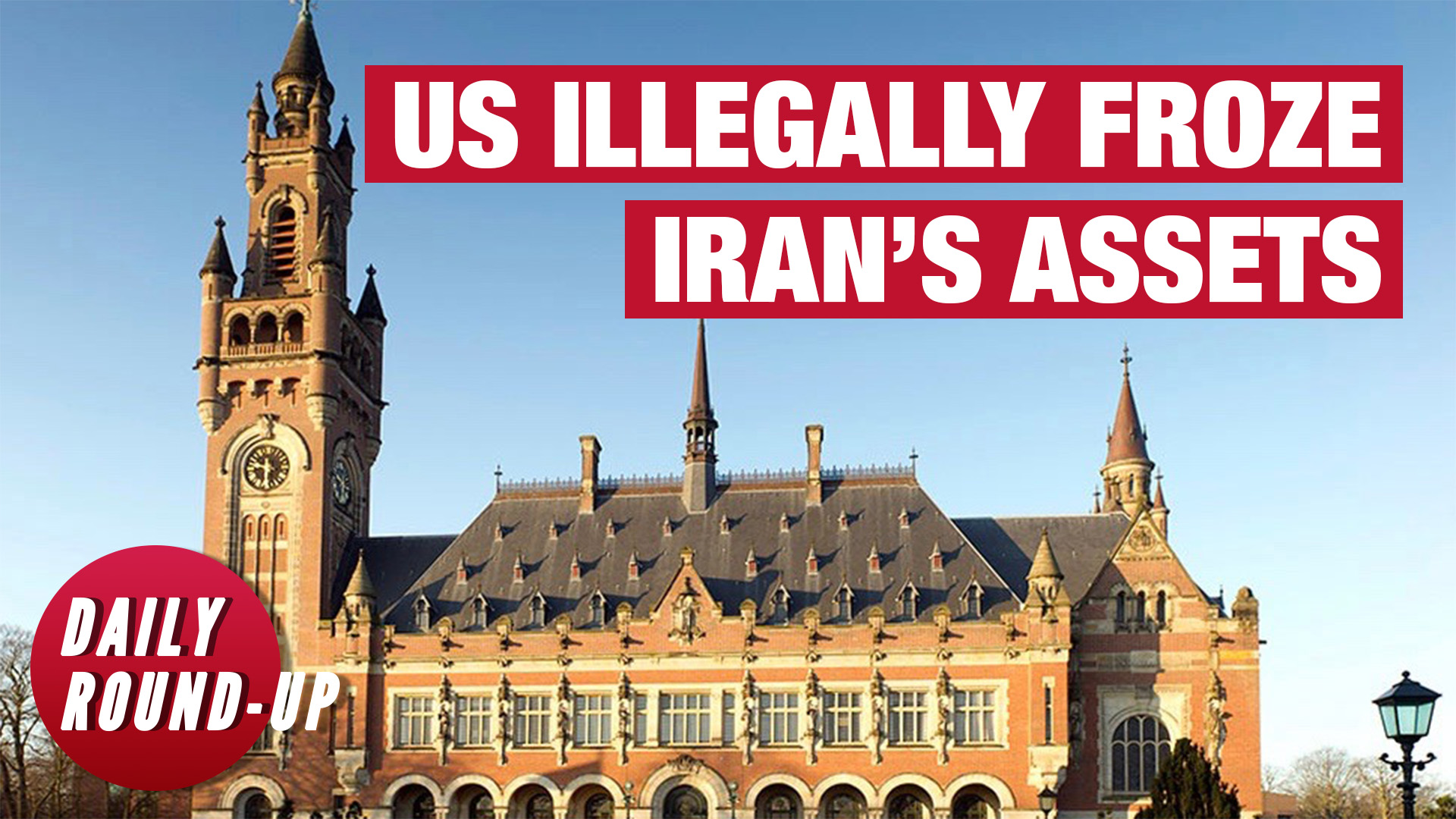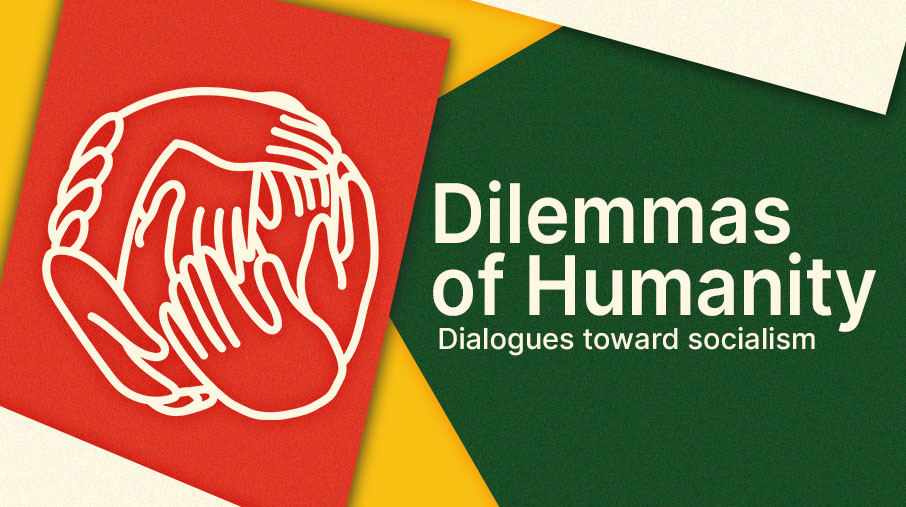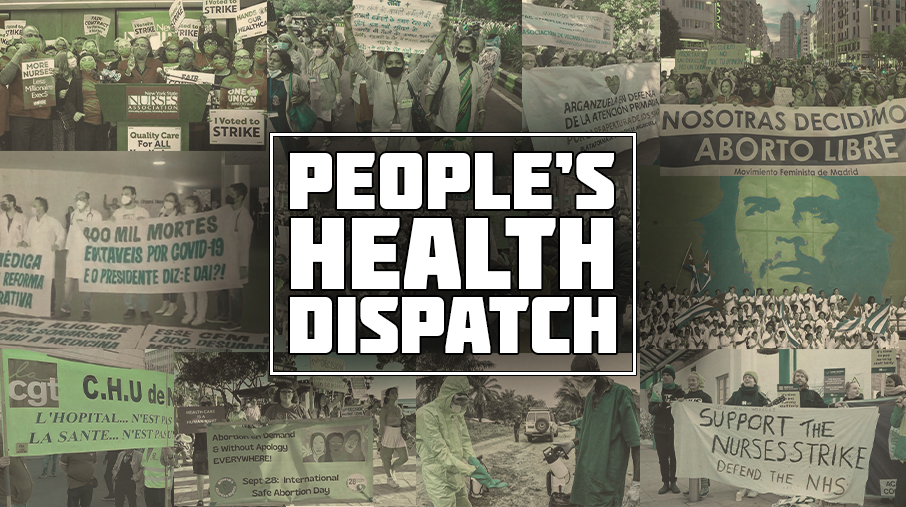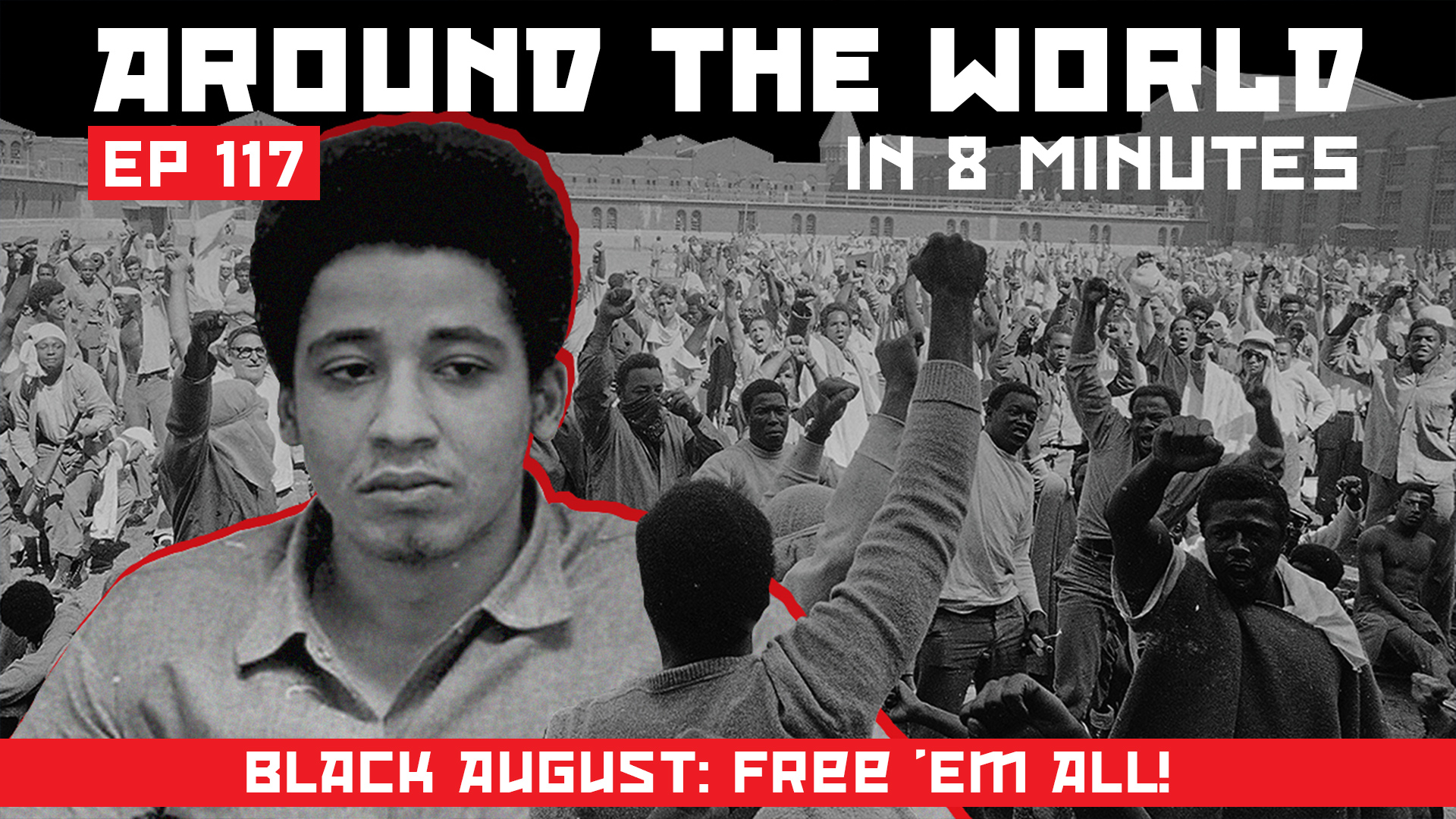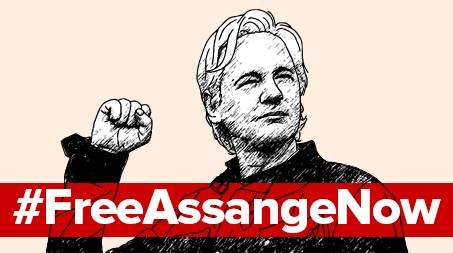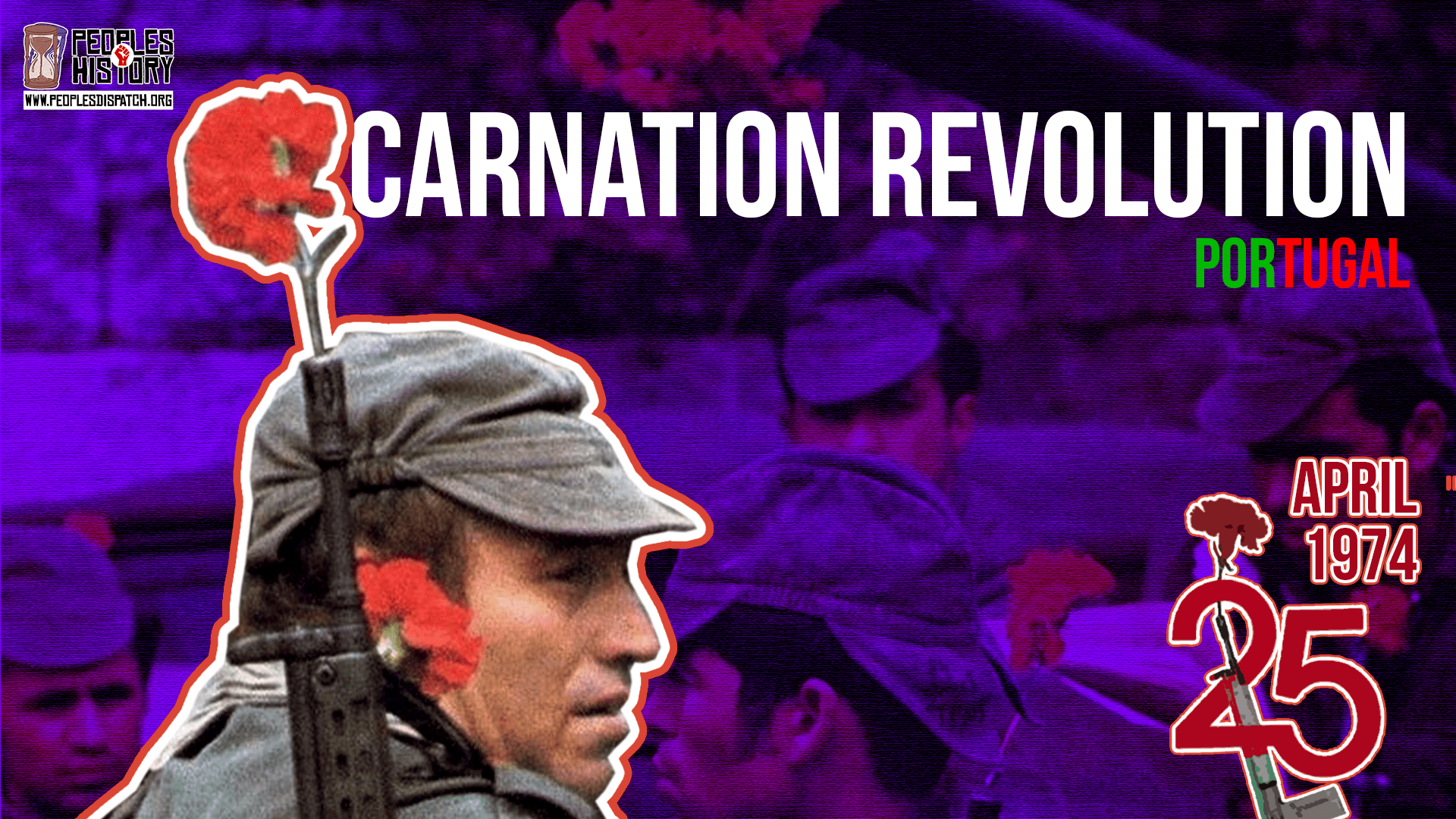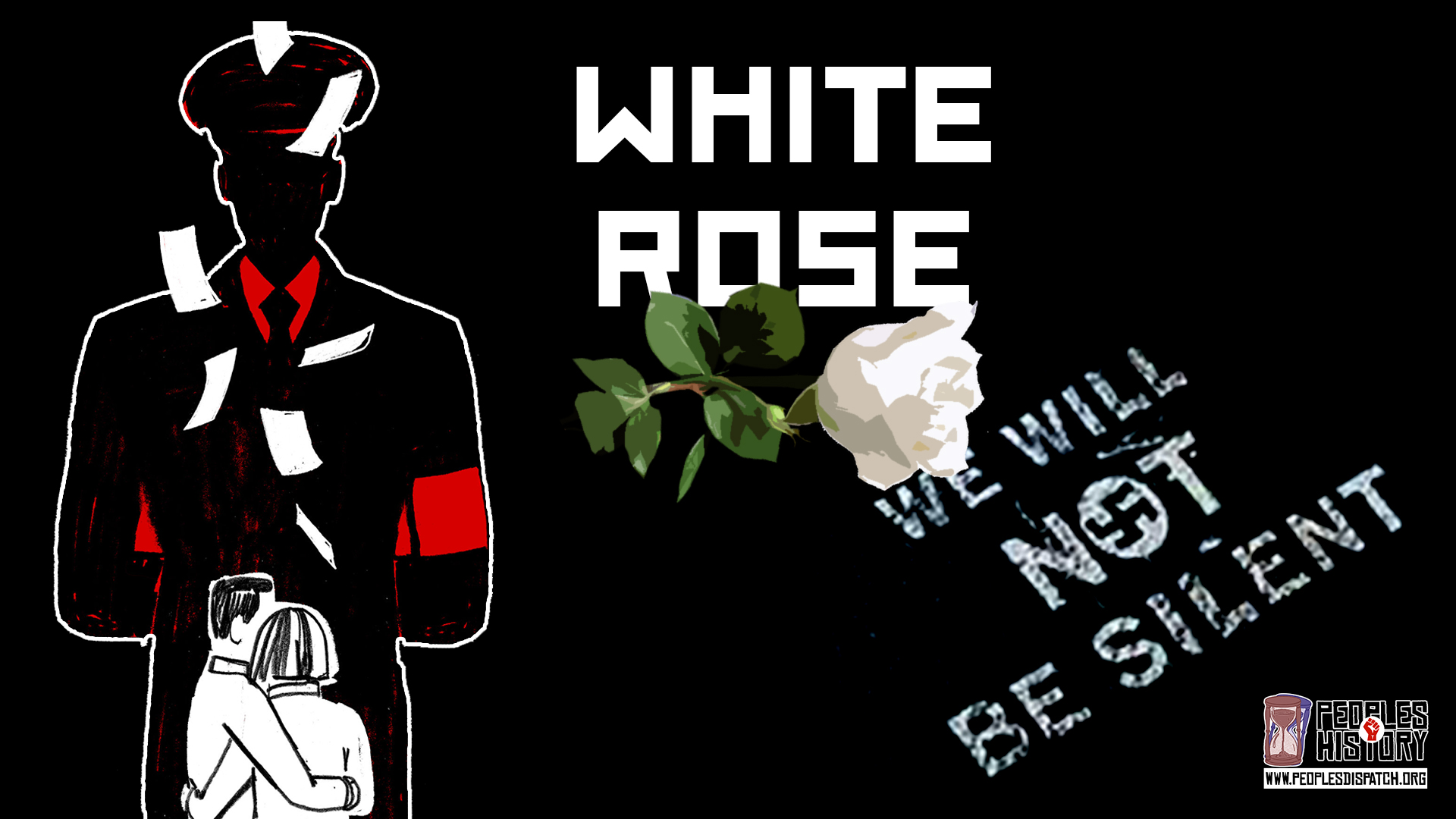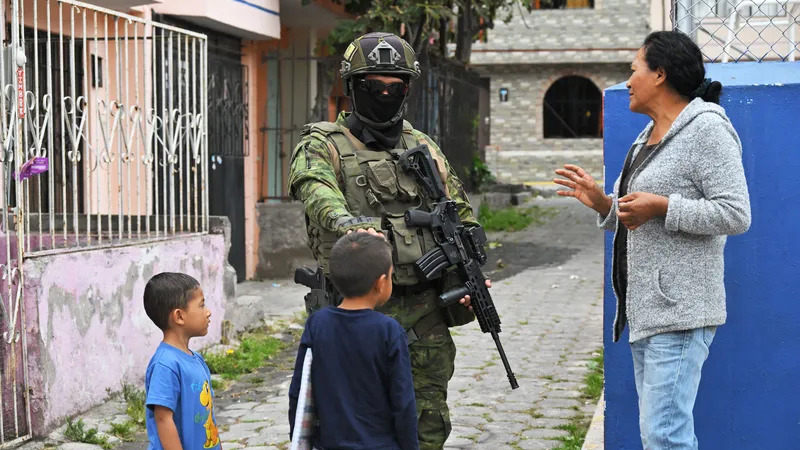 Increased violence in Ecuador could lead to a wave of refugees in the region
Increased violence in Ecuador could lead to a wave of refugees in the region
International Relations professor Fernando Brancoli says neighboring countries are already preparing to receive Ecuadorians
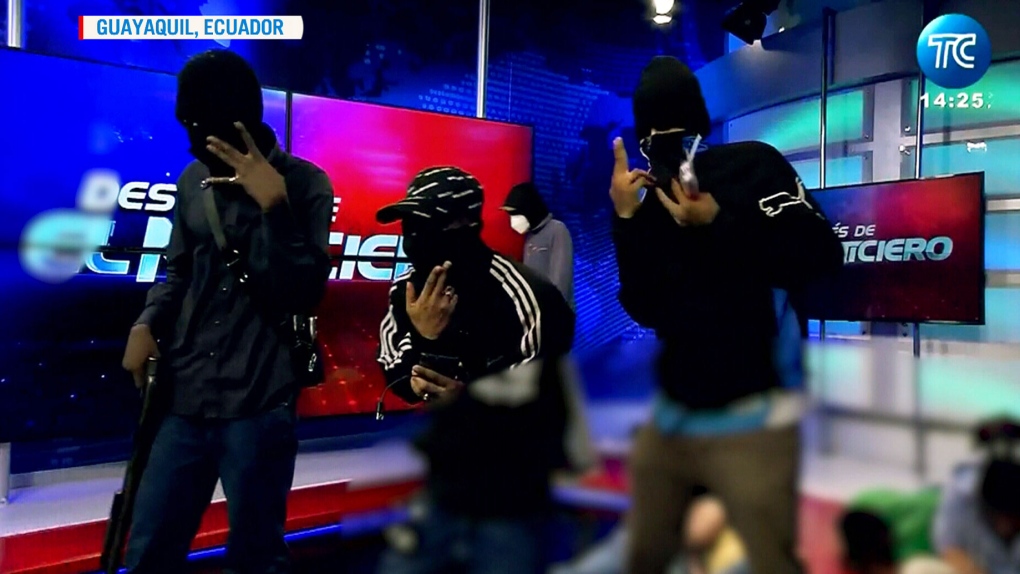 Ecuador in crisis: five points to understand a country broken by neoliberalism
Ecuador in crisis: five points to understand a country broken by neoliberalism
Some clues to unravel how in a few years Ecuador went from being a peaceful country to becoming a territory governed by organized crime.
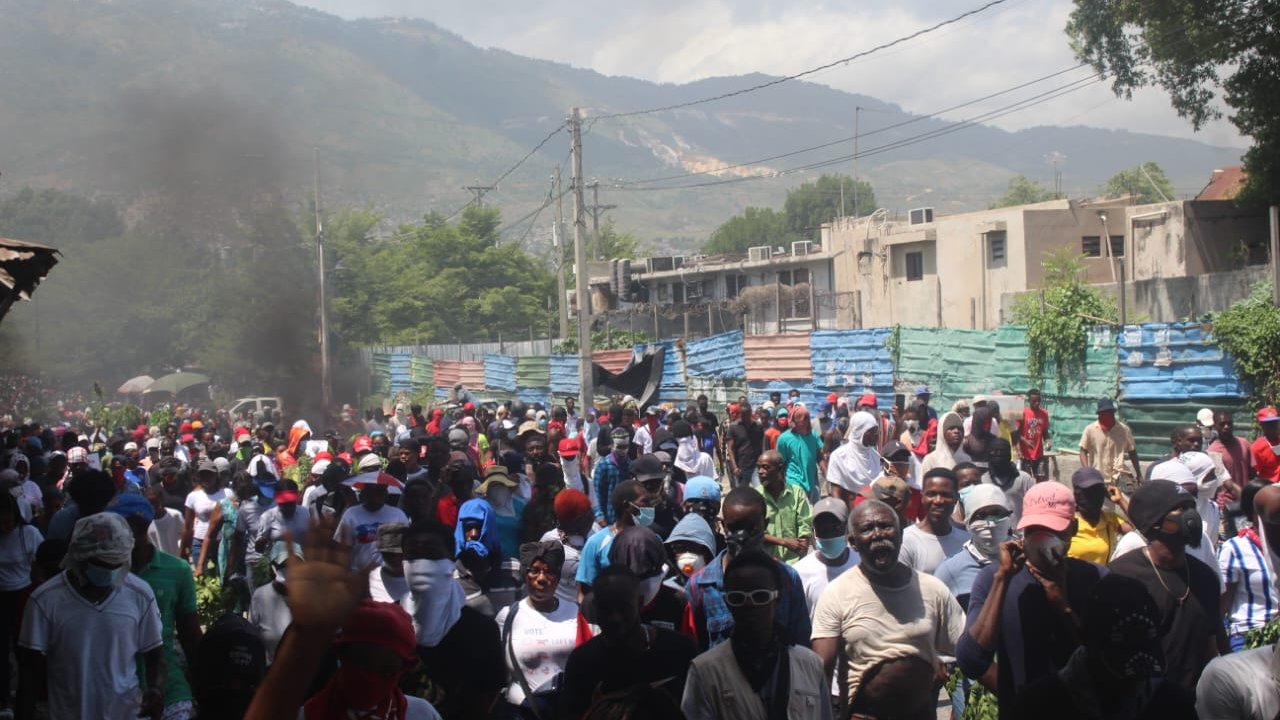 Haiti, plunged into cycles of humanitarian crisis, rejects the possibility of new foreign intervention
Haiti, plunged into cycles of humanitarian crisis, rejects the possibility of new foreign intervention
Movements propose transitional government and cooperation with the Global South to rebuild the country
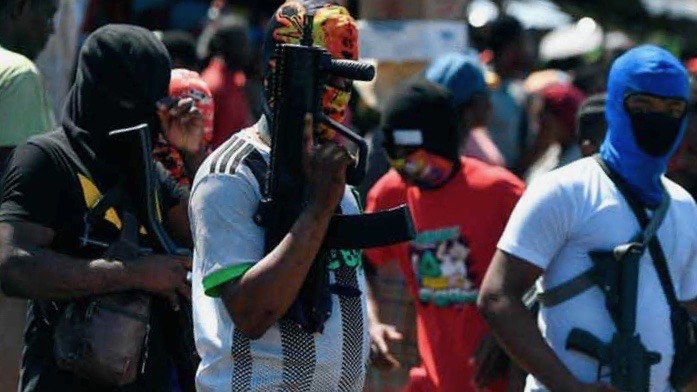 March against gang violence in Haiti ends in massacre
March against gang violence in Haiti ends in massacre
More than 20 people were ruthlessly massacred in Haiti after an armed criminal gang opened fire against protesters during a march in Canaan, a makeshift neighborhood on the outskirts of the capital Port-au-Prince
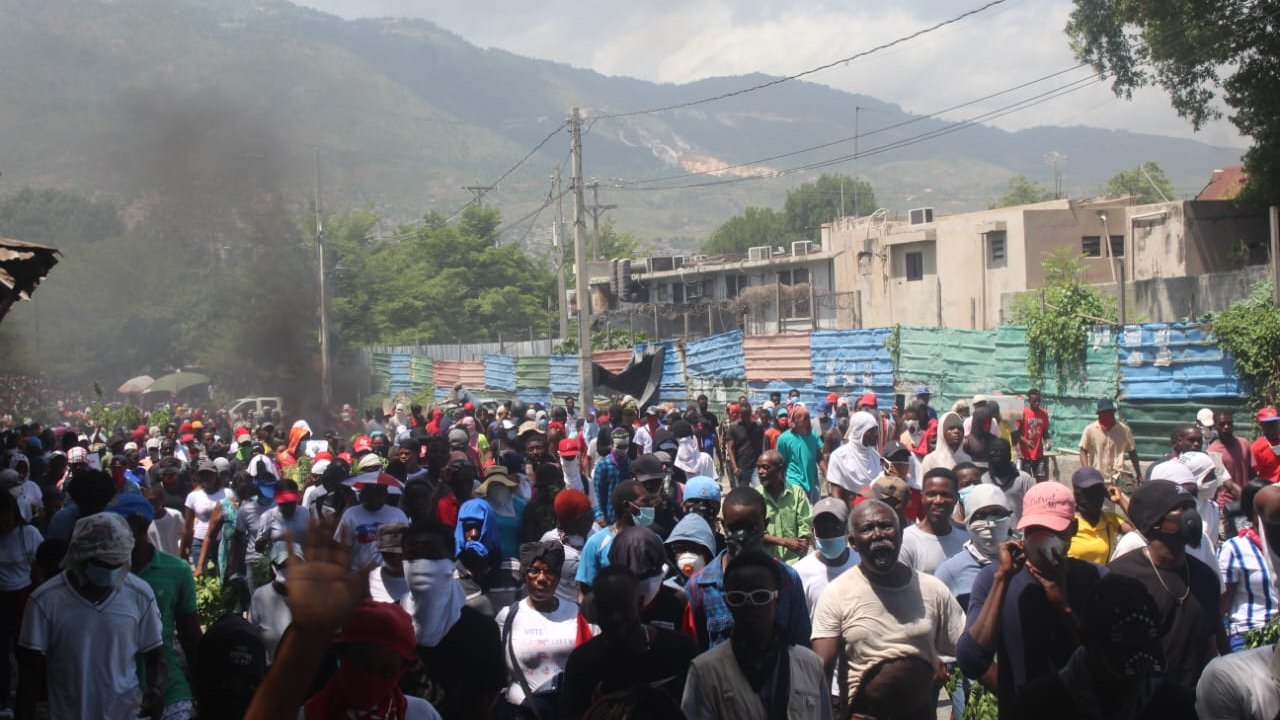 Haitians reject Kenya’s plan for armed intervention
Haitians reject Kenya’s plan for armed intervention
A Kenyan assessment mission recently went to Haiti to examine the possibility of deploying a 1000-strong multinational police force, purportedly to improve security and stem gang violence. Haitian people’s movements and rights organizations rejected and condemned the proposal, saying it will escalate the issues it seeks to solve
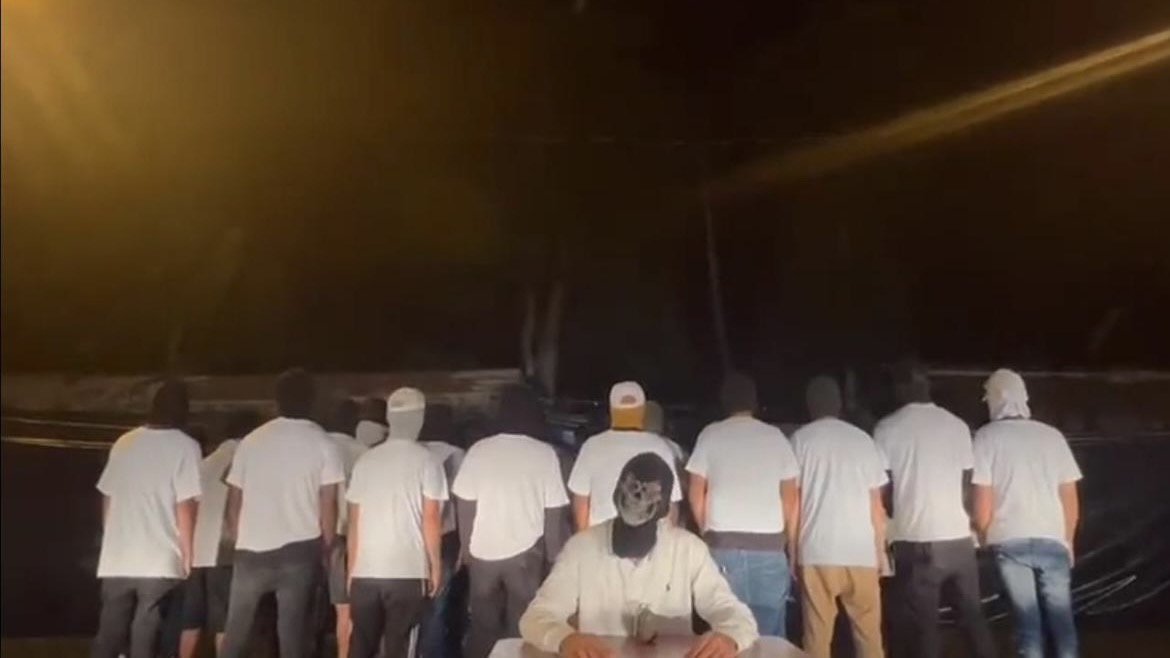 Crisis in Ecuador following spurt of violence and rumors of a government deal with gangs
Crisis in Ecuador following spurt of violence and rumors of a government deal with gangs
The announcement of a peace agreement among criminal gangs came days after a prison riot at the Litoral Penitentiary in Guayaquil claimed the lives of 31 inmates, and the murder of the mayor of the city of Manta, which forced the Lasso government to declare two states of emergency in two days
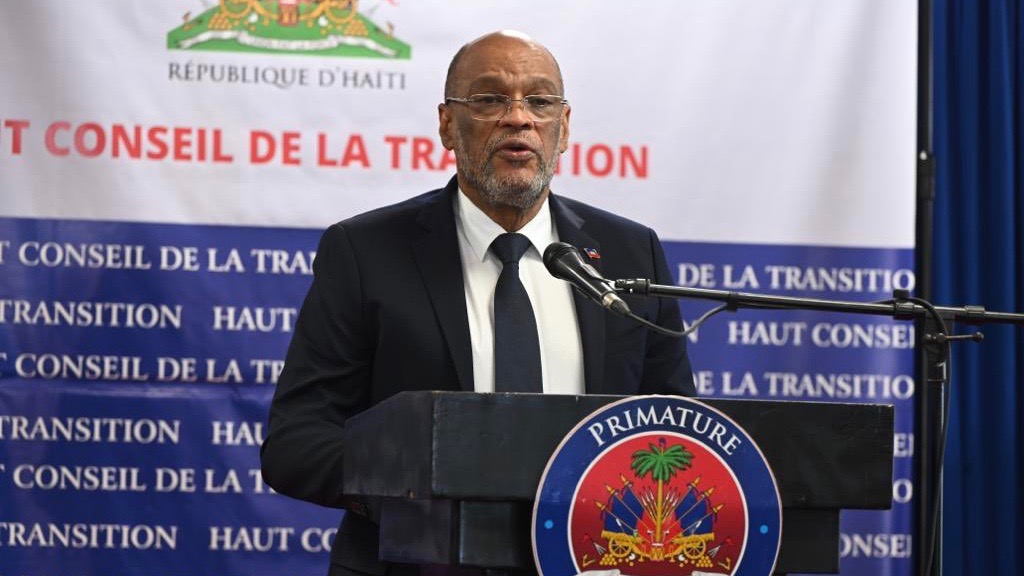 Haiti’s de facto government installs transition council to guarantee general elections
Haiti’s de facto government installs transition council to guarantee general elections
In light of the postponement of elections in previous years, many Haitians doubt that the creation of the transition council will guarantee elections this year as scheduled
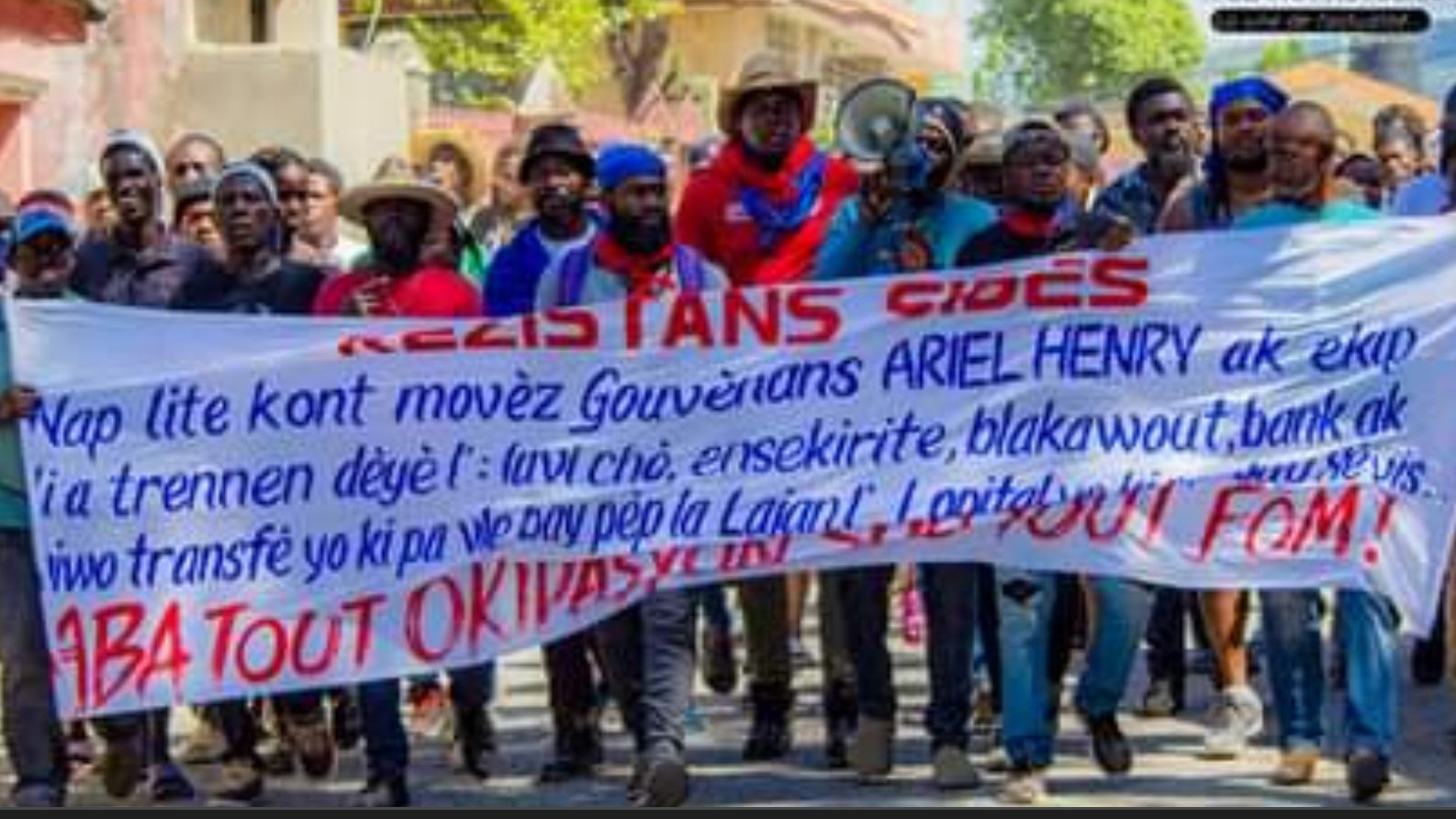 Haitians reject Canada and the US decision to compose an international force for Haiti
Haitians reject Canada and the US decision to compose an international force for Haiti
Thousands have been mobilizing against de-facto President Ariel Henry’s request for foreign occupation disguised as international military assistance
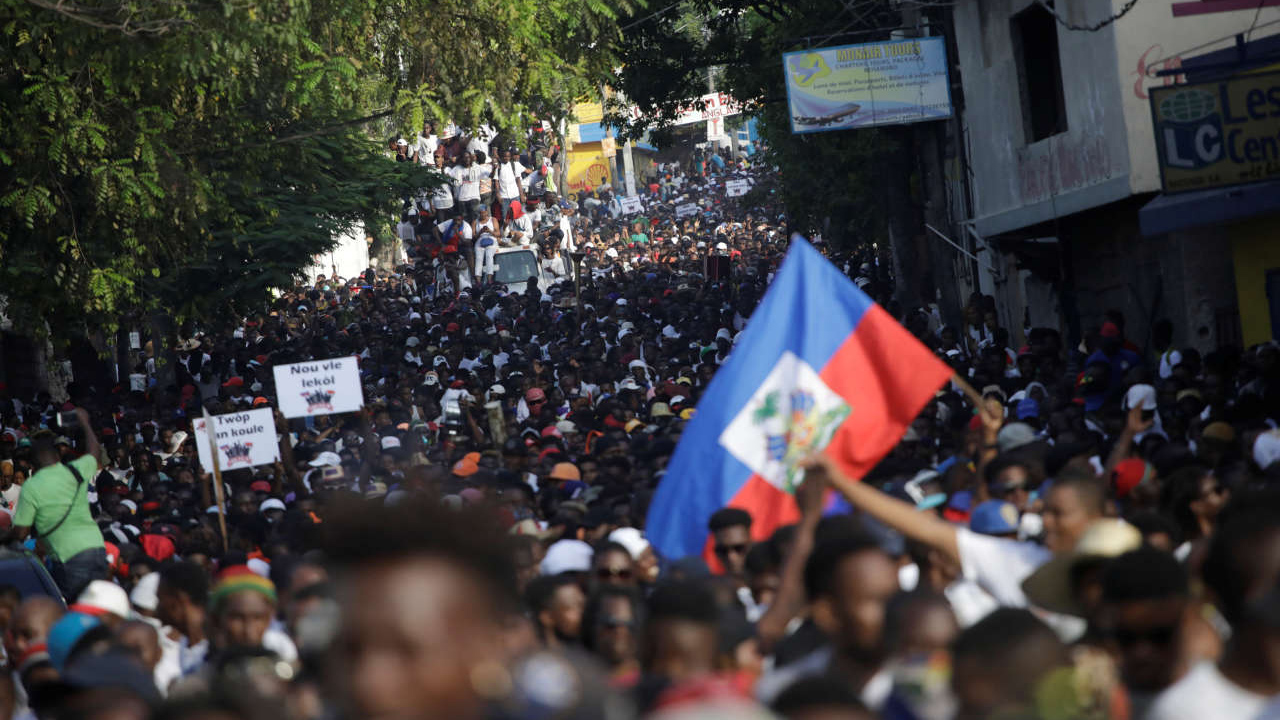 Haitians intensify protests against foreign military intervention, while US seeks authorization for “international mission”
Haitians intensify protests against foreign military intervention, while US seeks authorization for “international mission”
Citizens flooded the streets across Haiti in rejection of President Ariel Henry’s request for international military assistance, demanding that foreign powers stop interfering in Haiti
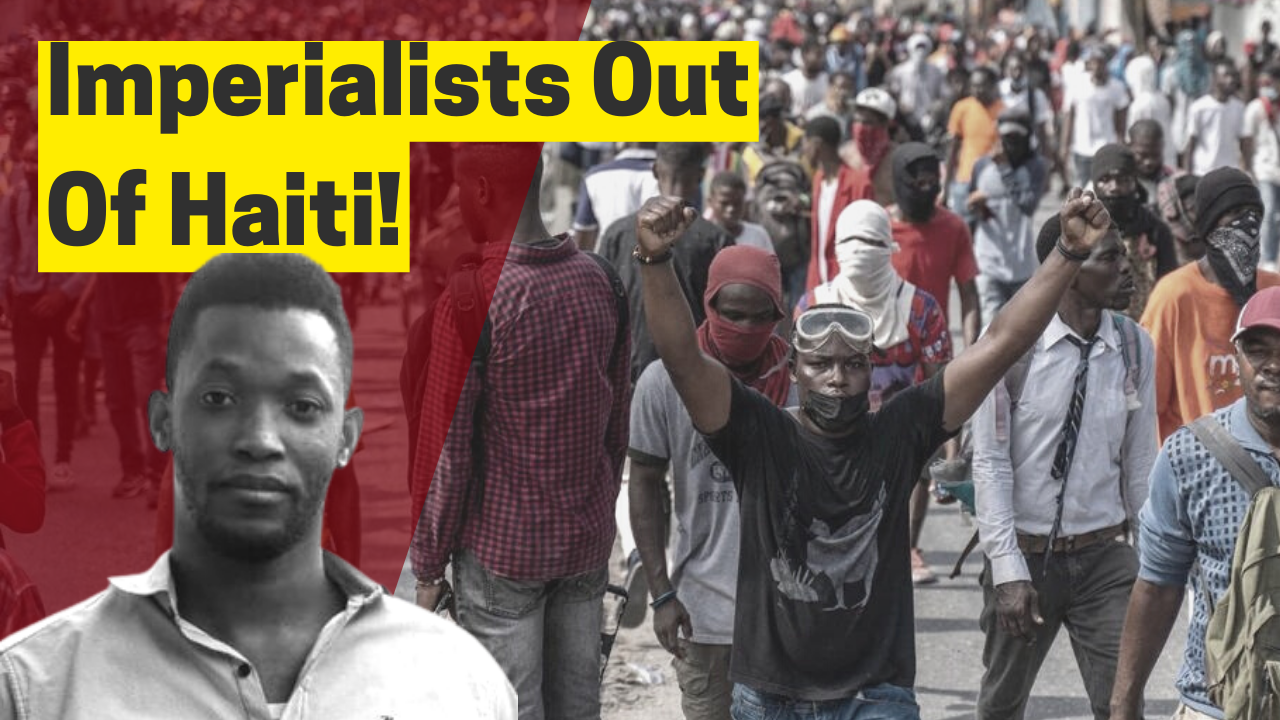 People of Haiti mobilize for sovereignty and against imperialist intervention
People of Haiti mobilize for sovereignty and against imperialist intervention
Activist and journalist Jackson Jean spoke to Peoples Dispatch about the current situation in the country and the history of crises caused by foreign military interventions.
 US delegation visits Haiti following de facto leader Henry’s request for foreign troops
US delegation visits Haiti following de facto leader Henry’s request for foreign troops
For the past two months, the people of Haiti have been on the streets to protest rampant inflation and currency devaluation, demanding Henry’s resignation. These protests intensified this week following his request for foreign military support
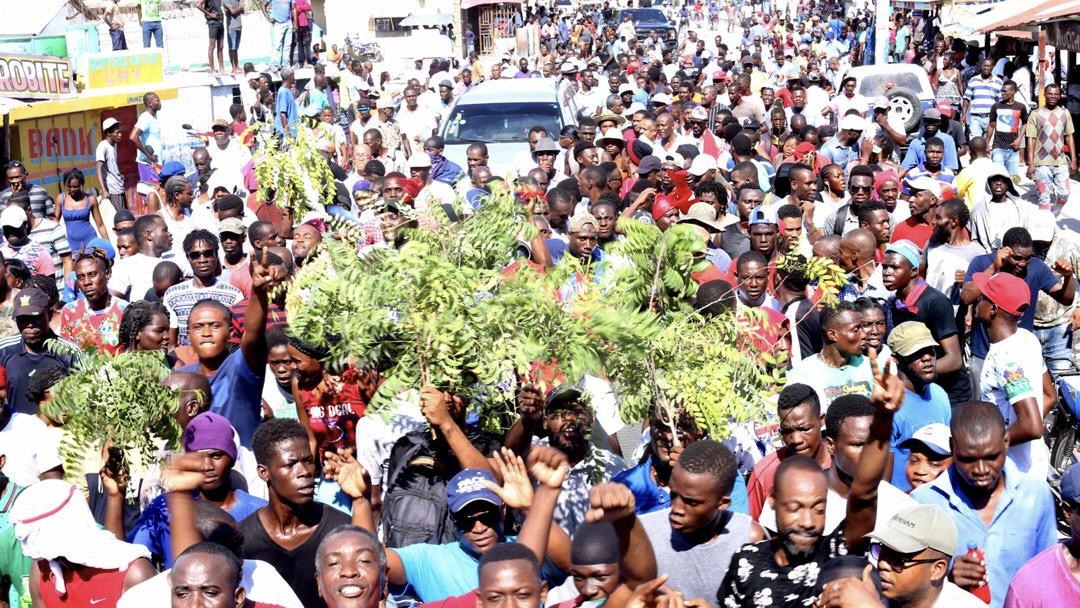 Haitians protest threat of foreign military intervention in the country
Haitians protest threat of foreign military intervention in the country
De-facto leader Ariel Henry’s request for foreign military support to curb gang violence has generated widespread criticism among civil society organizations, political and social leaders, and citizens in general


